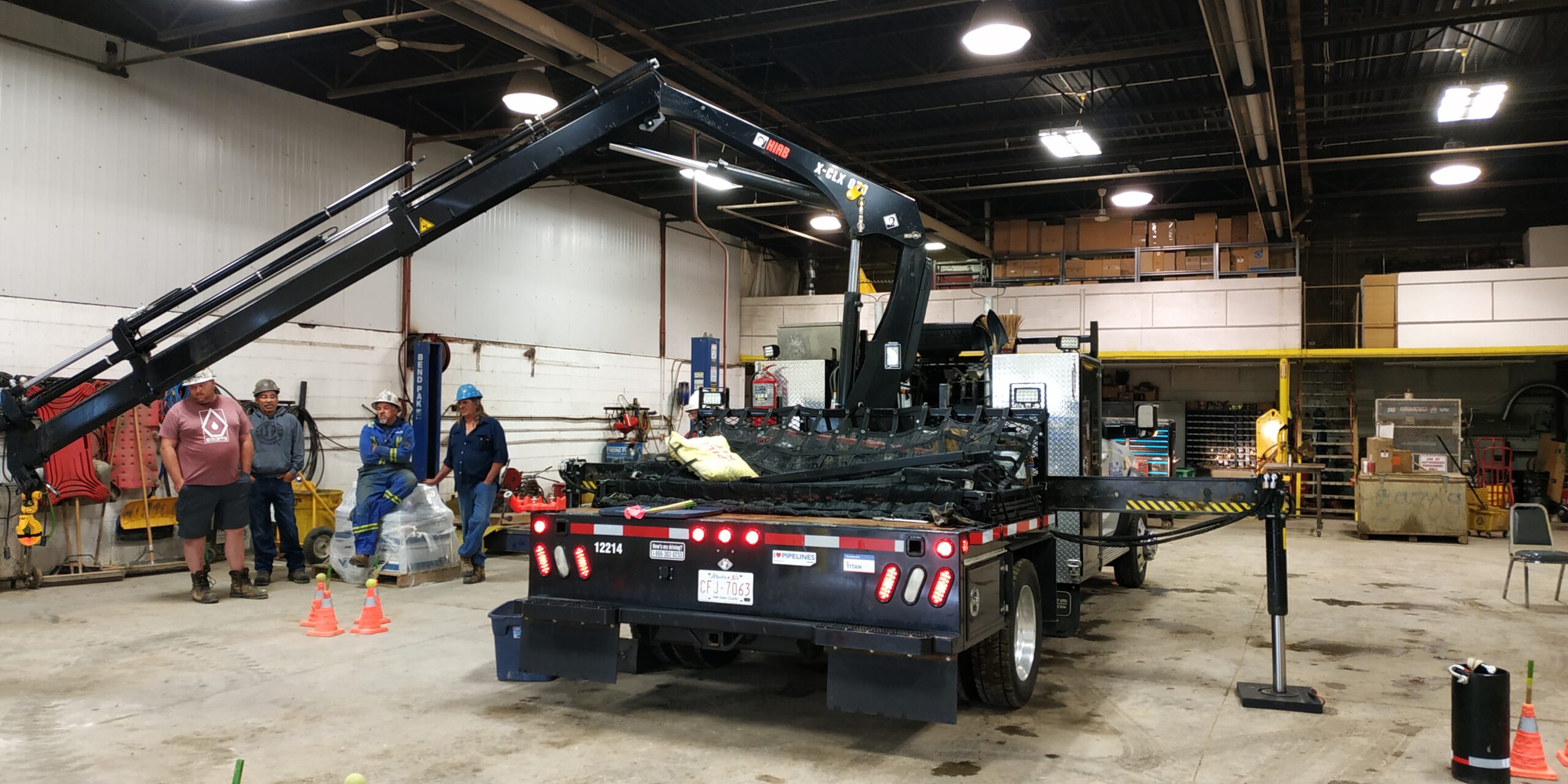We believe when those who serve and protect the public are unnecessarily put into harm’s way. Yes, they go rushing into fires or towards them to keep people & property safe that much we know and sometimes understand, but ask any firefighter and they will tell you why they do what they do. However, when things go wrong (and they do go wrong) unintentional things place them in situations where they were doing something for a good cause like this picture below: However this video captures much more graphically what happens and how the Sigalarm can prevent this from happening…to anyone. COST should never be the deciding factor on protecting our firefighters, imagine if they used that as their reason
STOP Touching Overhead Power Lines
So it seems easy to say according to the title of this post, But the action required and the ability to monitor everything that is going on with the operation of any gear near powerlines, well, it’s been proven that the human brain is only capable of focusing on one thing at a time. This animated video is a brief summary of what happens but we all get that when steel comes close to electricity (high voltage in particular), it is a great conductor of electricity, add the fog, rain, snow in the air and then arcing becomes more prevalent.
Power Line Strikes ~ Is it possible to avoid on the job site?
As much as this seems fairly straight forward, it’s not always possible. On many lease, construction and commercial sites involving large equipment, many times we see the identifying line to show “danger, overhead power lines” marked well in advance (usually when equipment crosses underneath it’s at a minimum of 3m away), for clearance purposes. When I train with companies, I always ask, what is the travel height of the vehicle you are driving (doesn’t have to be the crane truck), and most drivers have no idea. Why not take the time to put it on the dash? Sadly, in this photo to the left, the operator did not survive, and yes I get that people say “He/She should have never
